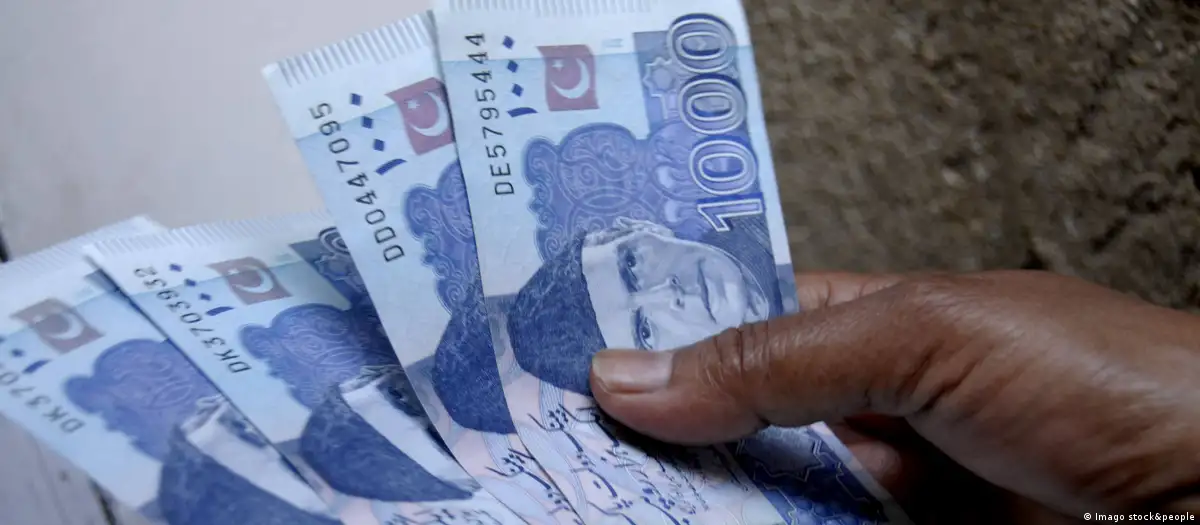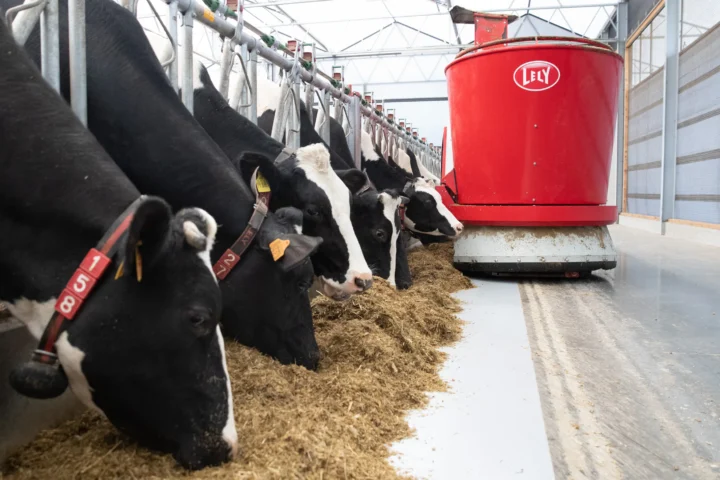The sum is the final tranche of a $3 billion rescue-package Islamabad had secured last summer. The newly-elected administration of the South Asian cash-strapped country is already seeking another IMF loan.
The International Monetary Fund initially approved on Wednesday the disbursement of $1.1 billion (approximately €1 billion) for indebted Pakistan, pending a final board approval.
The sum constitutes the final tranche of a $3 billion rescue package which Pakistan had secured last summer. The package helped the South Asian country avert sovereign debt default.
What do we know about the agreement?
The staff-level agreement is due to be reviewed by the board in April, the IMF said. It follows a five-day IMF mission in Pakistan to review the fiscal consolidation benchmarks set for the loan.
“Pakistan’s economic and financial position has improved in the months since the first review, with growth and confidence continuing to recover on the back of prudent policy management and the resumption of inflows from multilateral and bilateral partners,” the IMF said.
However, the fund expected modest growth this year, with inflation still well above target. It stressed that Islamabad still needed more policy reforms to address its “economic vulnerabilities.”
Pakistan had already met several IMF conditions before the stand-by arrangement. They included a budget revision, an interest rate hike and an increase in taxes, electricity and gas prices to generate revenues.
The IMF called for broadening the tax base and adjusting power and gas tariffs.
Pakistan seeking new bailout
Meanwhile, Islamabad has already started seeking a new long-term bailout from the fund. Newly appointed Finance Minister Muhammad Aurangzeb announced the plans, without officially stating the size of the loan.
In its Wednesday statement, the IMF said discussions around such a loan would start in the coming months. However, it said objectives would include strengthening public finances, restoring the energy sector’s viability, returning inflation to target and promoting private-led activity.
The newly-elected government blames its economic woes on the previous government of Imran Khan.Pakistan: How the Supreme Court thwarted a ‘civilian coup’
Khan was arrested and faced with a slew of charges since a no-confidence vote in parliament ousted him in 2022. He was thus prevented from competing in the country’s elections last month.
Source: Dw








